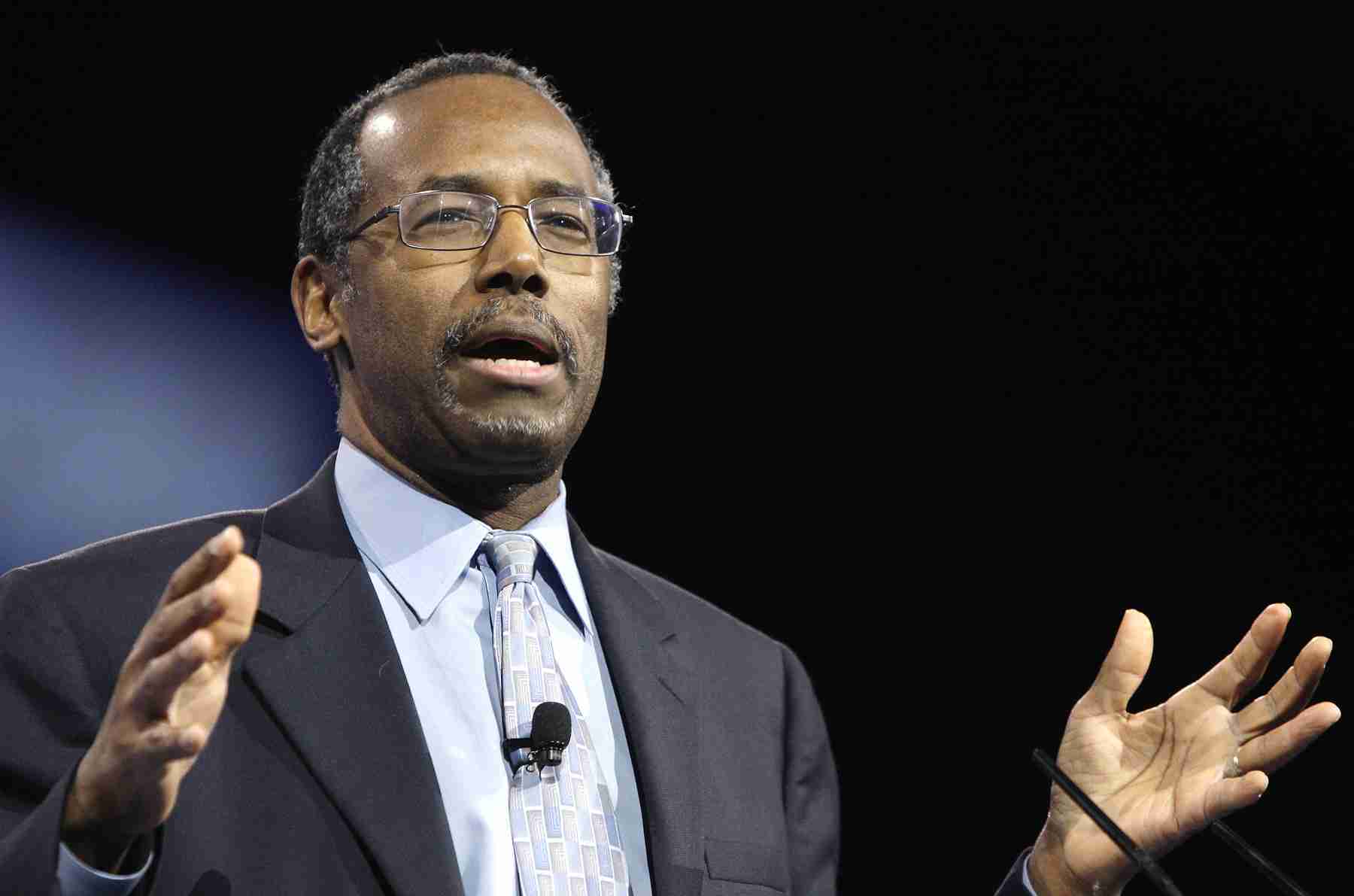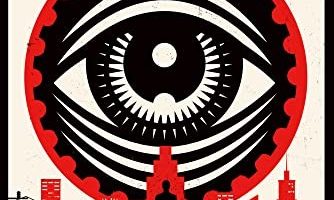By BILL BARROW
COLUMBIA, S.C. (AP) – Republican presidential candidate Ben Carson told a group of African-American civic leaders on Saturday that he is still waiting to see evidence of racial bias by law enforcement agencies in the U.S.
The only major White House hopeful who is black, Carson also mused during a criminal justice forum that he never had problems with police as a young black male in Detroit “because I was taught by my mother to be very respectful of authority.”
Carson later demurred when pressed on whether he could offer examples of “institutional racism” in America. “It probably exists somewhere,” he said. “If it exists, expose it. That’s your best defense.”
The forum, also attended by Democratic candidates Bernie Sanders and Martin O’Malley, was sponsored by the 20/20 Club, a bipartisan group of African-American civic, business and political leaders formed as an alternative to the Black Lives Matter movement. Organizers say their purpose is to press candidates on their ideas for addressing a criminal justice system that disproportionately imprisons minorities and the poor.
Carson, who is at or near the top of several GOP presidential preference polls, made his remarks in response to questions about high-profile cases of alleged police misconduct, including several where African-Americans were either killed by police or died in custody.
The retired neurosurgeon told moderator Jeffrey Johnson of the Black Entertainment Television network, “I’m not aware of a lot of cases where a police officer just comes up to somebody like you and says, `Hey, I don’t like you. I’m going to shoot you.”
Carson continued, “I’m still waiting for the evidence.”
Johnson retorted, “I’ll show you the Tamir Rice tape.” He drew applause from the forum audience with the reference to the 12-year-old Ohio boy who was shown on video being shot and killed last year by a Cleveland police officer. The case is expected to go a grand jury in the coming weeks.
Carson later explained that he believes a “rogue policeman” should be “punished to the fullest extent of the law.” But he said changing public policy “based on bad apples, will always lead you into an area of unnecessary conflict.”
Unlike Carson, Sanders and O’Malley, both of whom have had run-ins with protesters from Black Lives Matter, emphasized their disgust with the deaths of black citizens at the hands of police officers.
O’Malley said the worst aspects of the U.S. criminal justice system traces itself back to slavery. Sanders said overhauling police practices should be the first step in criminal justice reform that he framed as “the civil rights issue of the 21st century.”
Sanders called for federal aid to help local law enforcement agencies with better training programs, while also “demilitarizing” police forces and withholding federal money from agencies that don’t comply with new standards.
Each of the three candidates endorsed “community policing,” a concept that calls for assigning officers to specific communities or neighborhoods so they can establish trust with residents. Each rejected mandatory minimum sentences, laws that require judges to hand down specific sentences for certain charges.
They also called for restoring voting rights to felons who have completed their sentences, a position that separates Carson from some of his GOP rivals.
Carson also joined his Democratic counterparts in endorsing calls for treating more drug offenders for addiction, rather than incarcerating them. But Sanders went further, repeating his call to decriminalize marijuana at the federal level.
The trio agreed generally that poverty and a lack of educational opportunity are among the root causes of drug use and crime.
Yet Carson and Sanders, in particular, diverged widely in how to change course. Carson argued for encouraging more private sector investment in the economy through tax incentives, while Sanders pitched several of his familiar proposals, such as making public colleges tuition-free.













No Comment